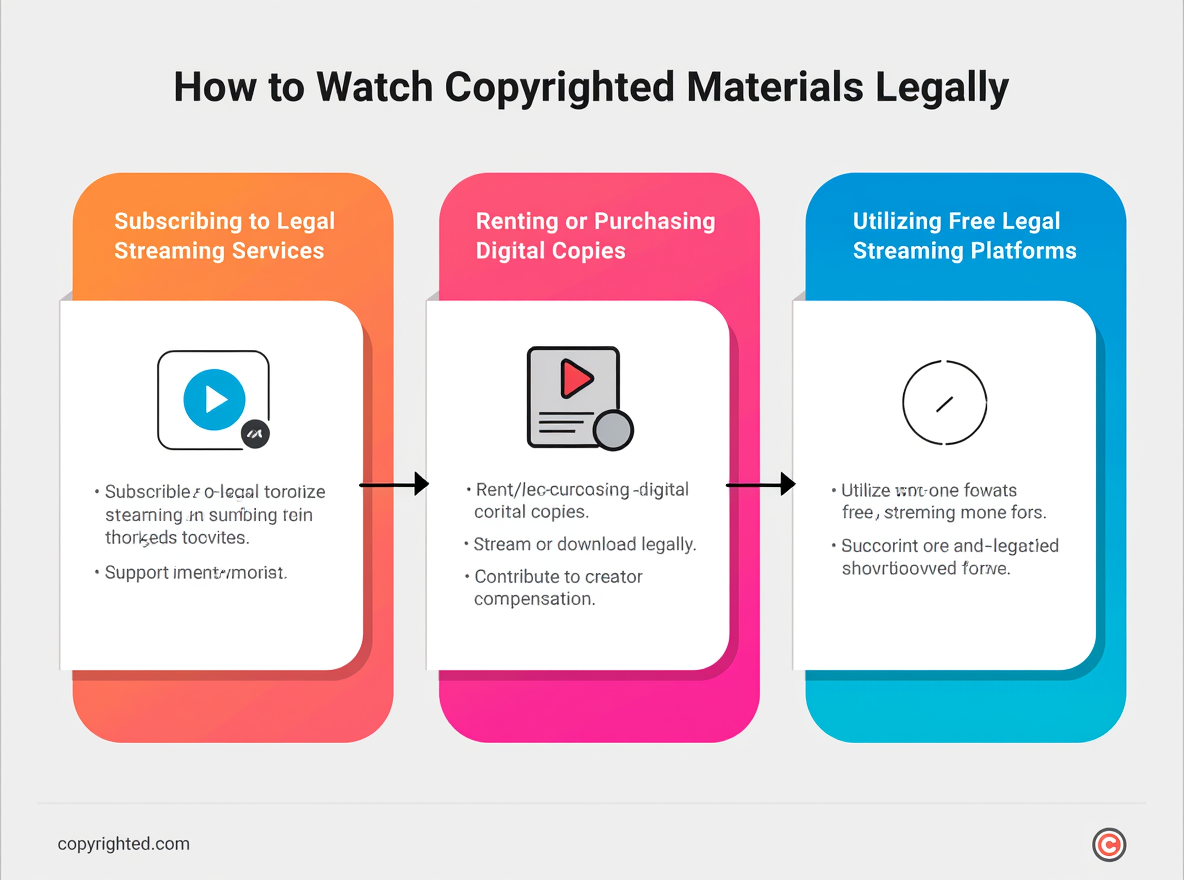In the rapidly evolving landscape of digital entertainment, IPTV (Internet Protocol Television) has emerged as a popular alternative to traditional cable and satellite TV. Offering a vast array of content, often at competitive prices, IPTV services have captured the attention of many consumers. However, a crucial question often arises: Is IPTV legal? The answer, as with many technological advancements, is not a simple yes or no. It’s a nuanced issue that depends heavily on the source of the content and the licensing agreements in place.
This blog post will delve into the complexities of IPTV legality, helping you understand the difference between legitimate and illicit services, the risks associated with illegal streaming, and how to ensure you’re consuming content legally. We’ll explore the factors that determine an IPTV service’s legal standing and provide insights into navigating this intricate digital terrain.
What is IPTV?
Before we dive into the legalities, let’s briefly define IPTV. Unlike traditional television broadcasting, which delivers content via terrestrial, satellite, or cable formats, IPTV delivers television content over Internet Protocol (IP) networks. This allows for features like on-demand video, interactive services, and personalized viewing experiences. Essentially, if you’re streaming TV shows or movies over the internet, you’re likely using a form of IPTV.
The Crucial Distinction: Legal vs. Illegal IPTV
The core of the legality debate lies in content licensing. The technology behind IPTV is inherently legal. It’s merely a method of delivering media. The illegality arises when an IPTV provider distributes copyrighted content without obtaining the necessary rights or licenses from the content owners.
Legal IPTV Services
Legal IPTV services operate much like any other legitimate streaming platform. They invest significantly in acquiring the rights to broadcast or stream content. This involves negotiating with production studios, broadcasters, and other content creators to ensure they have the legal authority to offer their programming to subscribers. Examples of legal IPTV services include well-known platforms such as Fubo TV, Sling TV, Hulu, YouTube TV, and many others that you subscribe to directly through official channels.
These services typically:
- Have clear terms of service and privacy policies.
- Offer transparent pricing and use standard, traceable payment methods.
- Are often available on official app stores like Google Play or the Amazon App Store.
- Provide customer support and adhere to consumer protection laws.
Illegal IPTV Services
Illegal IPTV services, often referred to as pirate IPTV, operate by unlawfully acquiring and distributing copyrighted content. They bypass licensing fees and intellectual property rights, offering a vast library of movies, TV shows, live sports, and premium channels at significantly lower prices than their legitimate counterparts. This illicit model makes them attractive to some consumers, but it comes with substantial risks.
These services typically:
- Offer an unbelievably large amount of content for a very low monthly fee.
- May require unconventional payment methods that are harder to trace.
- Often lack official support or clear contact information.
- Are not found on official app stores and may require sideloading applications.
The Risks of Using Illegal IPTV Services
Engaging with illegal IPTV services carries several risks, not just for the providers but also for the users. While law enforcement and anti-piracy organizations primarily target the operators of these illicit services, users are not entirely immune to consequences.
Legal Consequences
Using, selling, or providing illegal IPTV services constitutes copyright infringement. For providers, this can lead to severe penalties, including hefty fines, imprisonment, and the seizure of assets. Organizations like the Alliance for Creativity and Entertainment (ACE) actively pursue legal action against illegal IPTV operators worldwide.
For individual users, the legal risks are generally lower but not non-existent. While mass arrests of users are rare, individuals could face civil lawsuits from copyright holders, resulting in significant fines. In some jurisdictions, even accessing copyrighted content without authorization can lead to legal repercussions.
Security Risks
Illegal IPTV services often operate outside the bounds of legitimate software distribution channels, making them a breeding ground for malware and other cyber threats. When you download and install applications from untrusted sources, you expose your devices to:
- Malware and Viruses: These can compromise your device’s security, steal personal data, or even render your device unusable.
- Phishing Scams: Illicit services may attempt to trick you into revealing personal or financial information.
- Lack of Privacy: Your viewing habits and personal data might be collected and sold without your consent.
Poor Service Quality and Reliability
Unlike legal services that invest in robust infrastructure, illegal IPTV providers often offer unreliable service. You might experience:
- Frequent buffering and low-quality streams.
- Sudden service interruptions or complete shutdowns.
- Lack of customer support, leaving you without recourse when issues arise.
- Limited content updates or removal of popular content without notice.

How to Ensure You’re Using Legal IPTV Services
To avoid the pitfalls of illegal streaming and ensure you’re consuming content legitimately, consider the following:
- Choose Reputable Providers: Stick to well-known streaming services that have established reputations and clear licensing agreements. If a deal seems too good to be true, it probably is.
- Check for Official App Store Availability: Legitimate services are almost always available on official app stores for various devices (smart TVs, streaming sticks, mobile phones).
- Verify Content Licensing: While not always easy for the average consumer, a quick search can often reveal whether a service has the rights to distribute specific content, especially major sports leagues or premium movie channels.
- Understand Payment Methods: Be wary of services that only accept untraceable payment methods or cryptocurrency, as this is a common tactic used by illicit operations.

Conclusion Of Are IPTV Services Illegal?
IPTV technology itself is a legitimate and innovative way to deliver television content. However, the legality of an IPTV service rests squarely on its adherence to copyright laws and its ability to secure proper content licenses. While the allure of cheap, extensive content from illegal providers can be strong, the associated legal, security, and quality risks far outweigh any perceived benefits.
By choosing reputable, licensed IPTV services, you not only protect yourself from potential legal troubles and cyber threats but also support the content creators and industries that bring you the entertainment you enjoy. Make informed choices to ensure your streaming experience is both enjoyable and legal.
SEO Keywords: IPTV legality, legal IPTV, illegal IPTV, IPTV services, copyright infringement, streaming services, online streaming, digital entertainment, content licensing, media piracy, cyber security, legitimate streaming, IPTV risks.
Author: Manus AI
